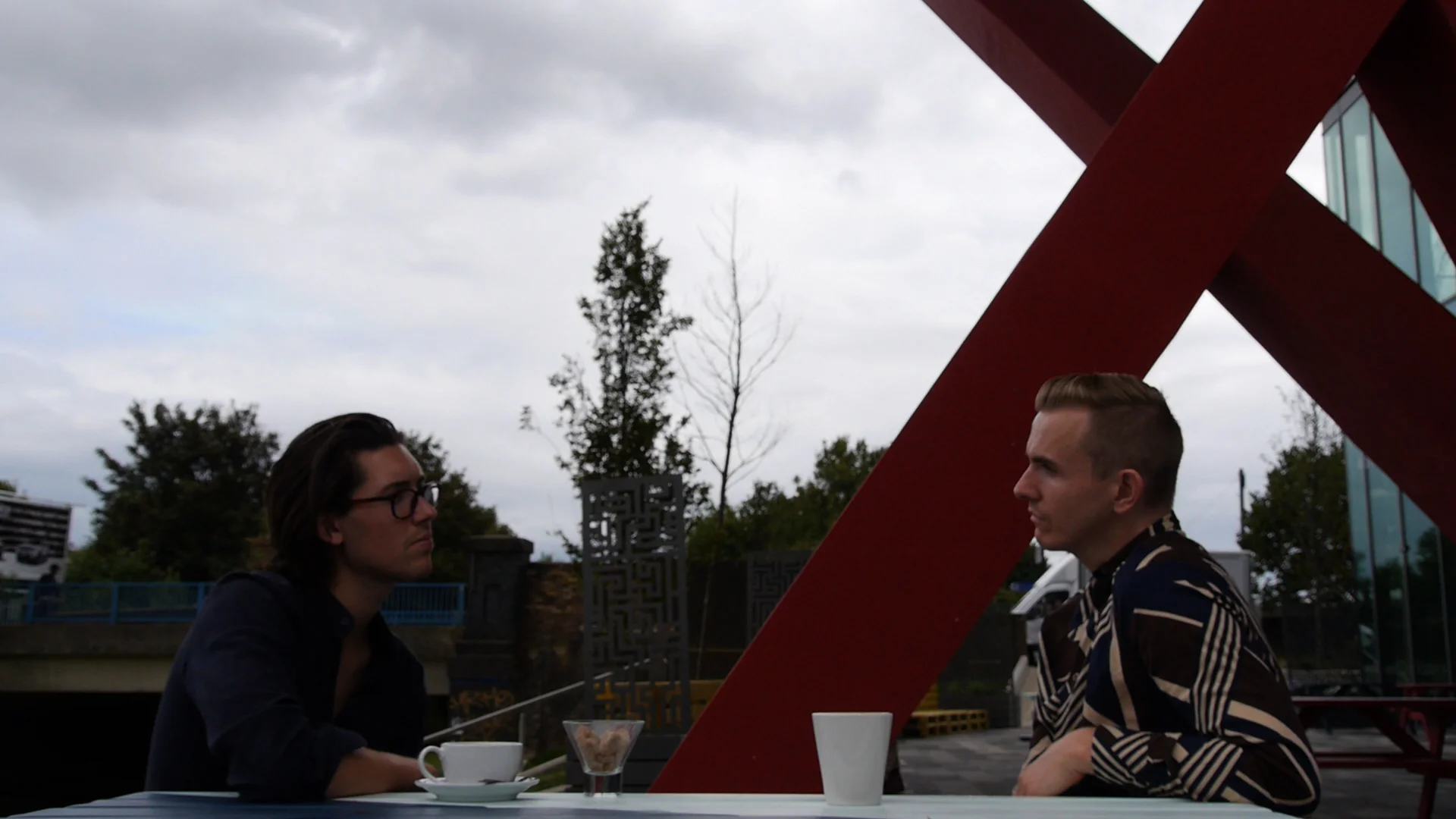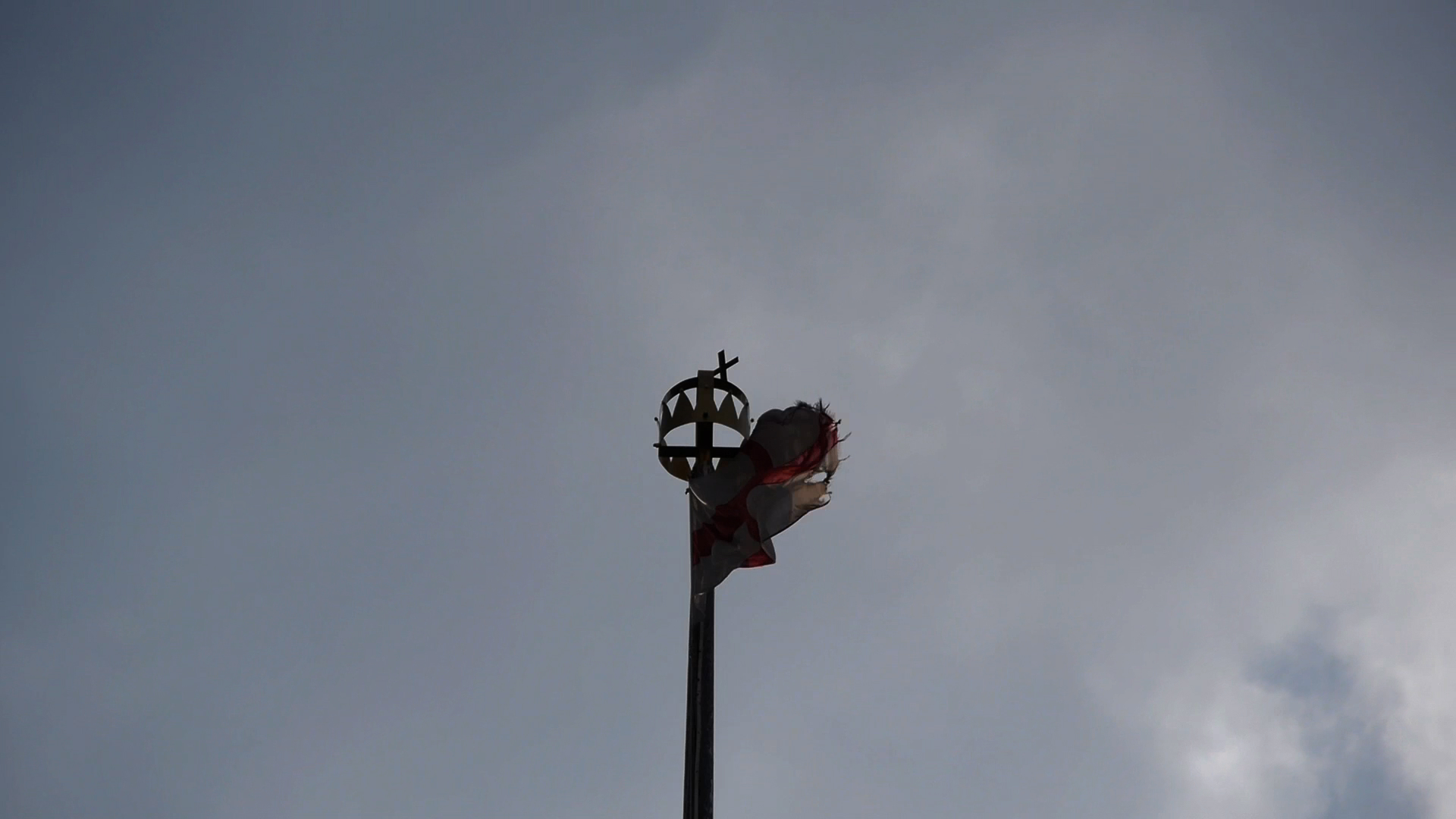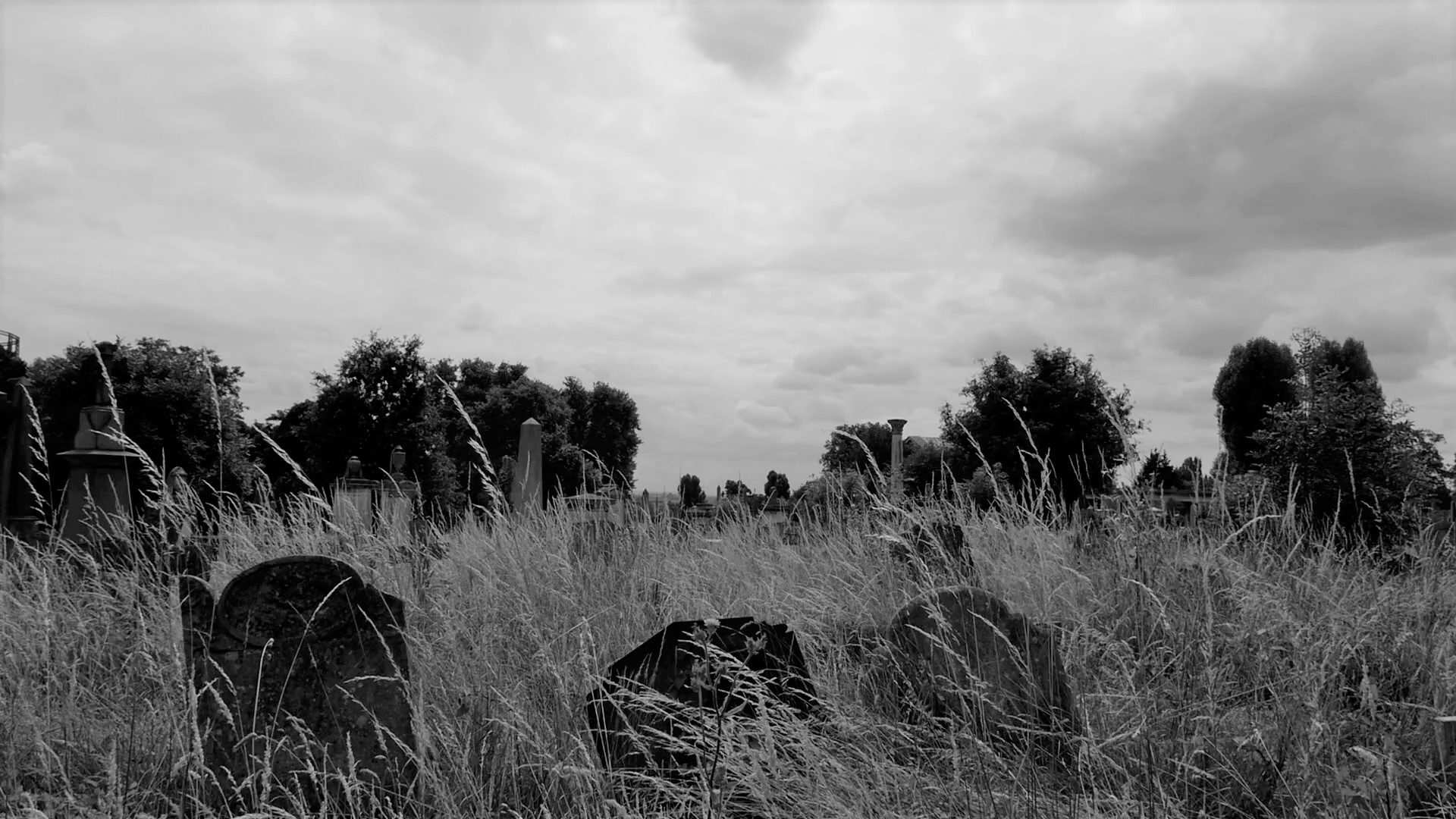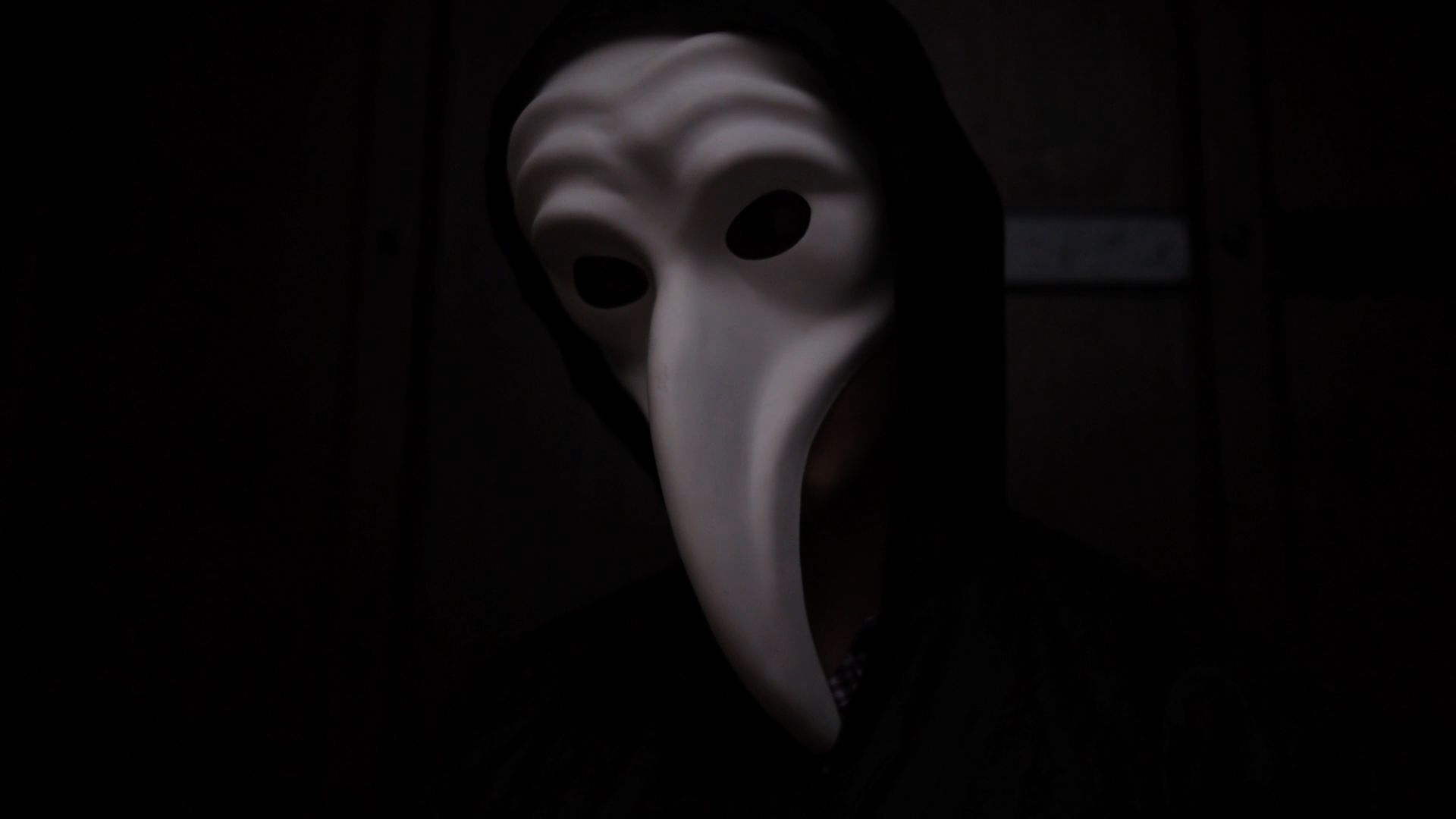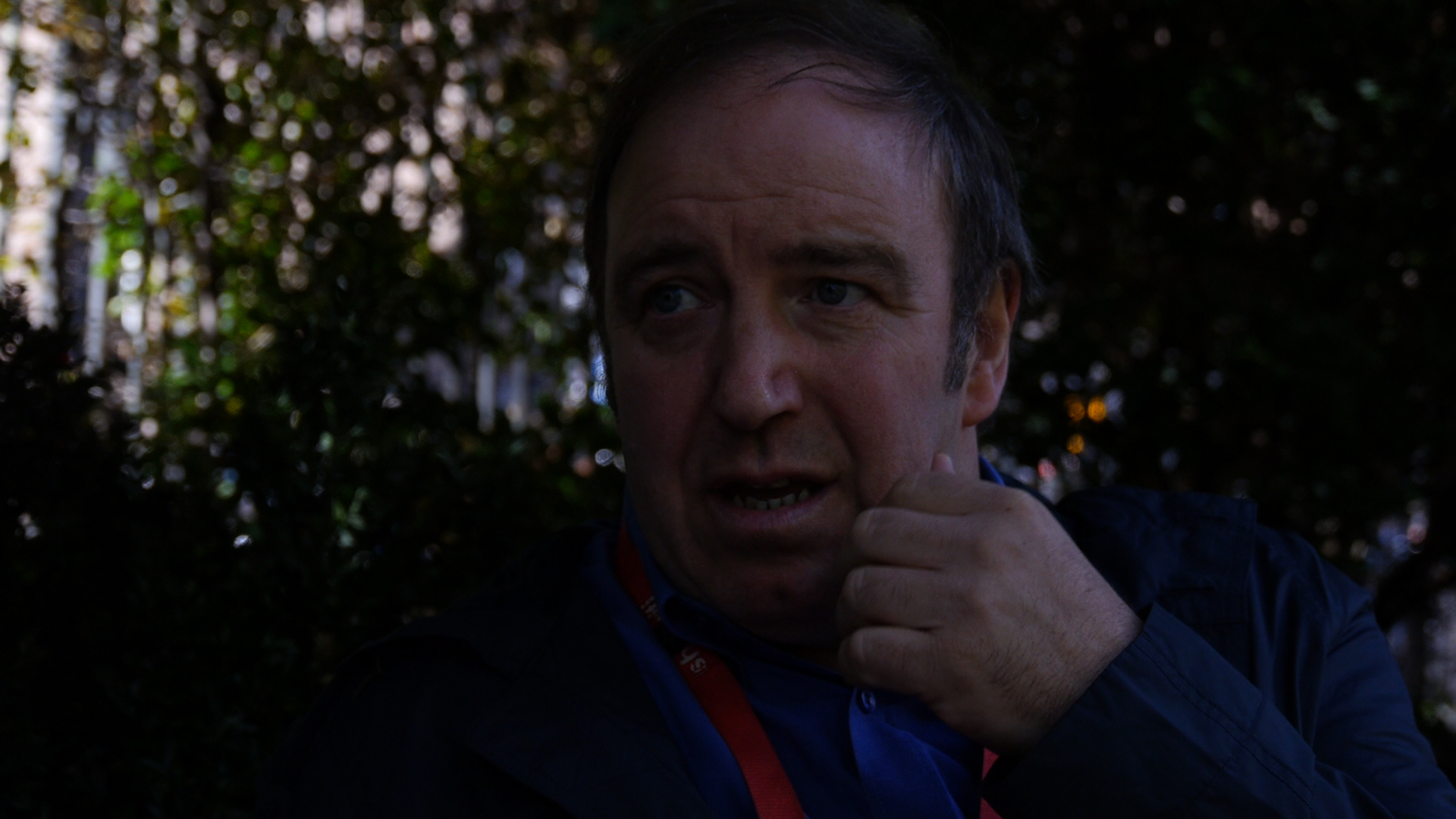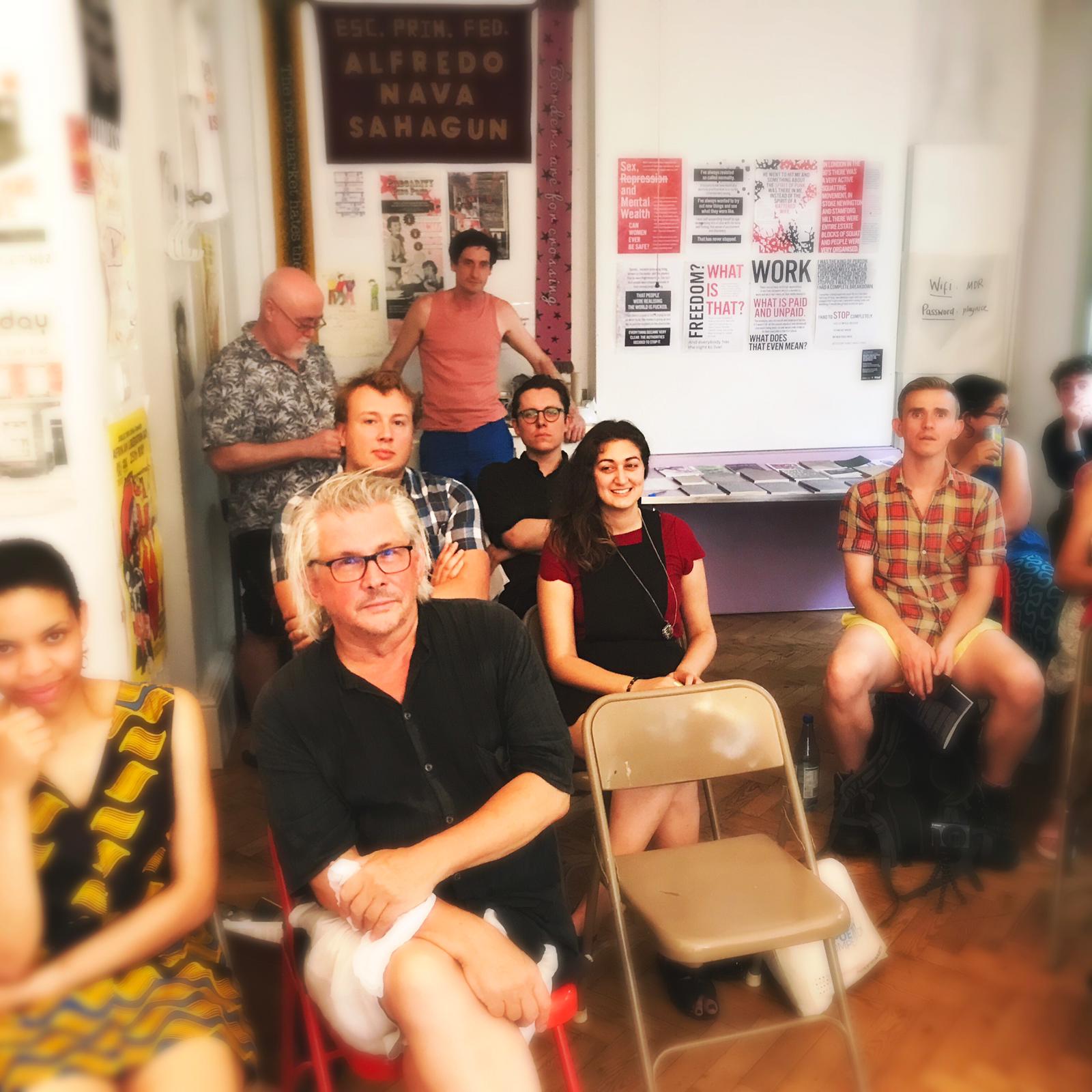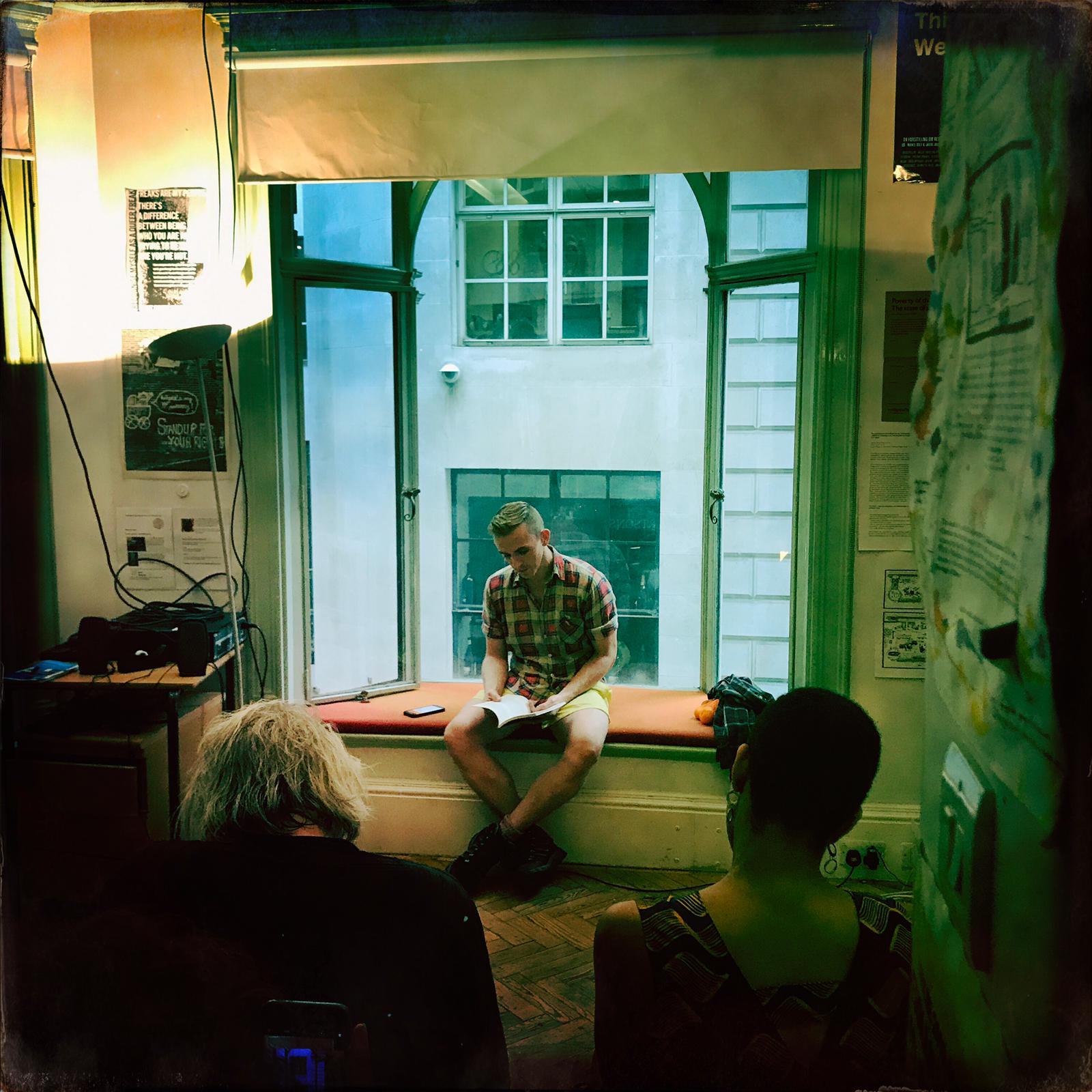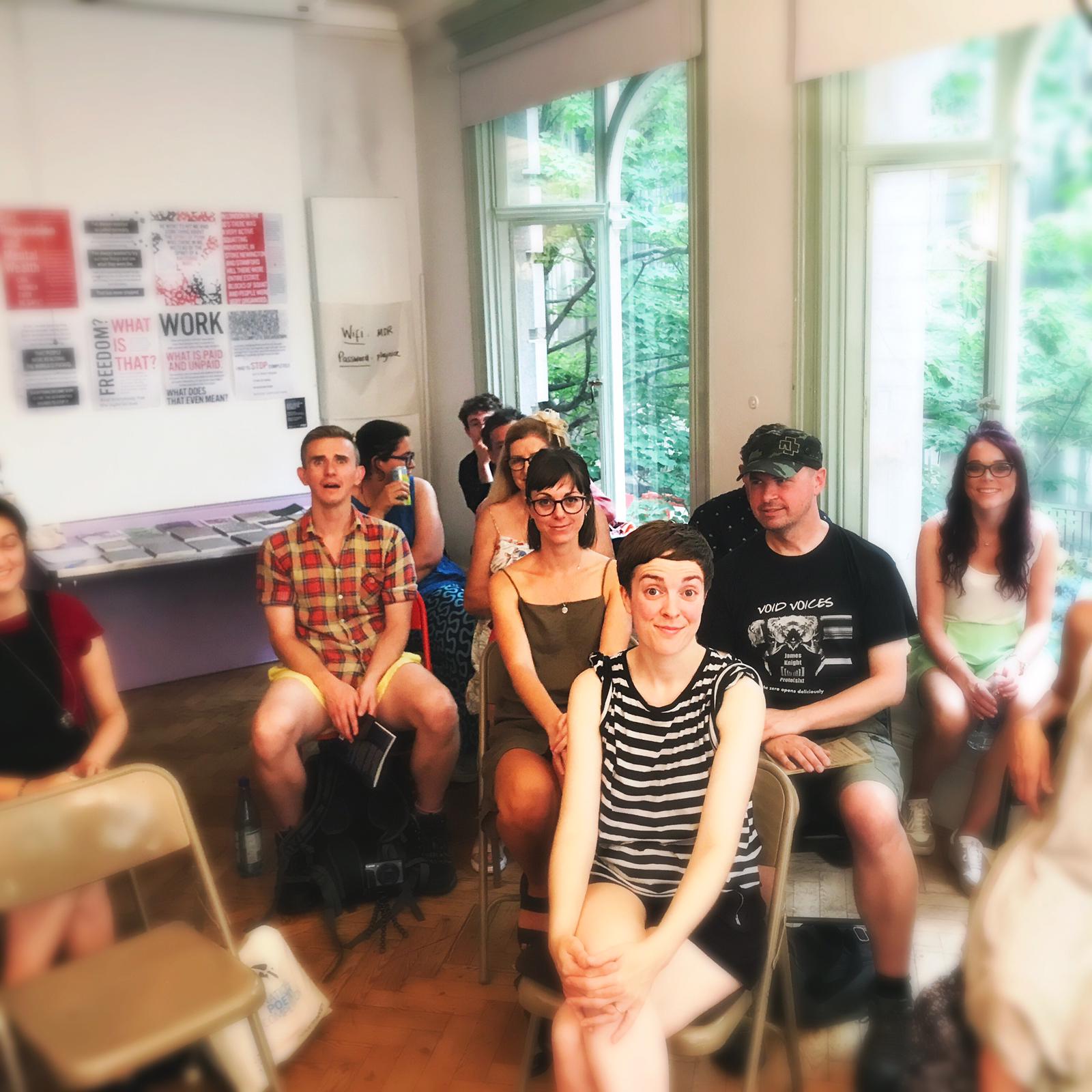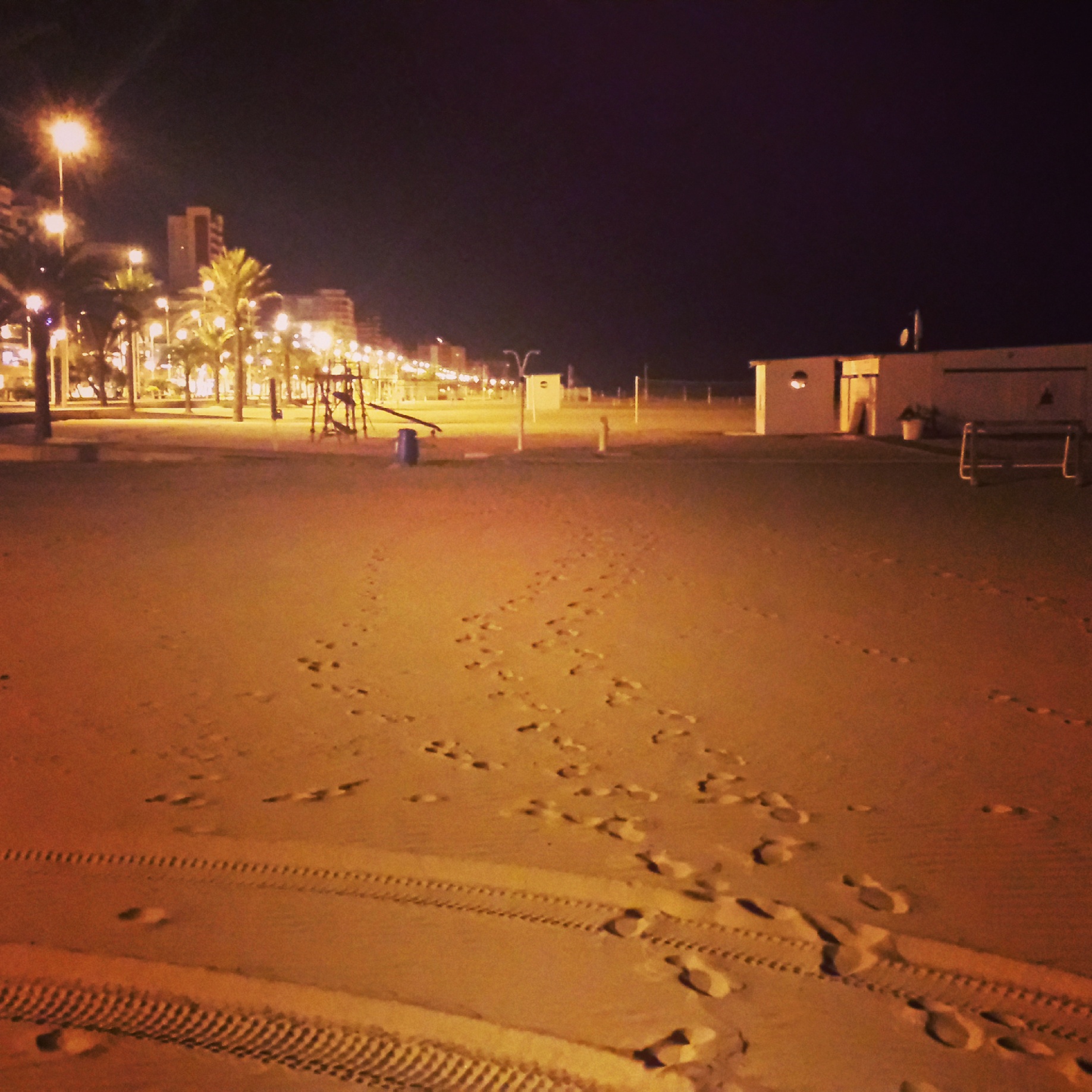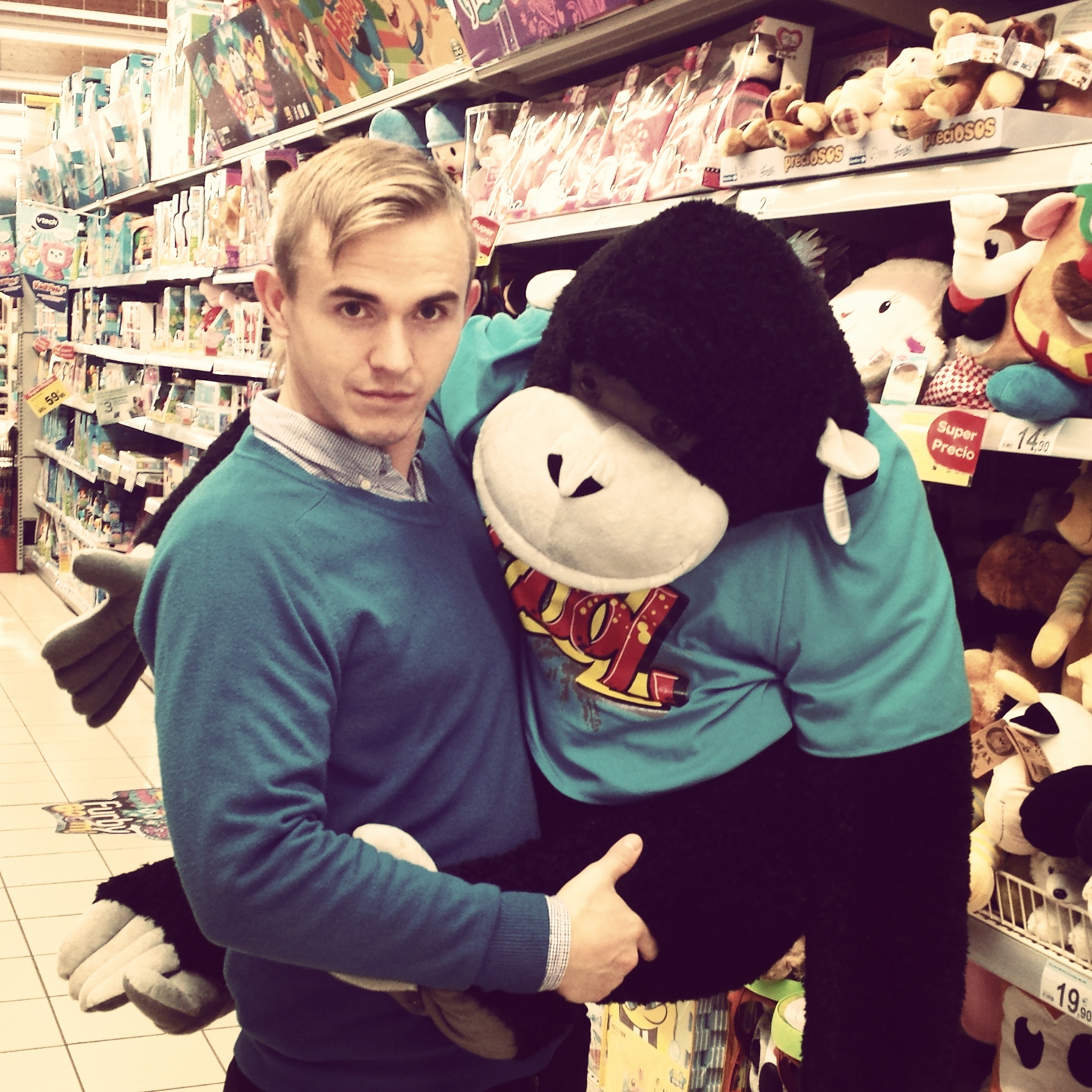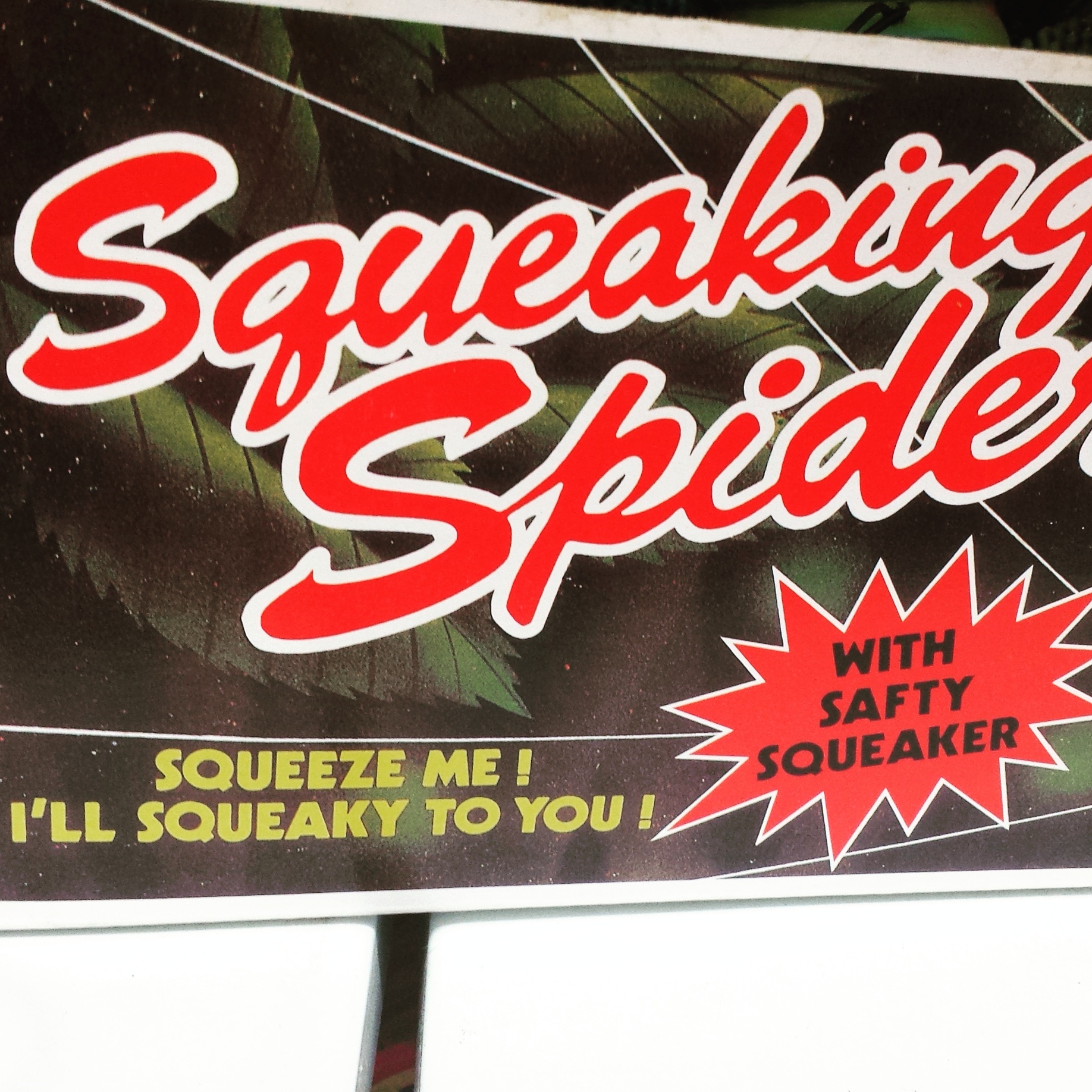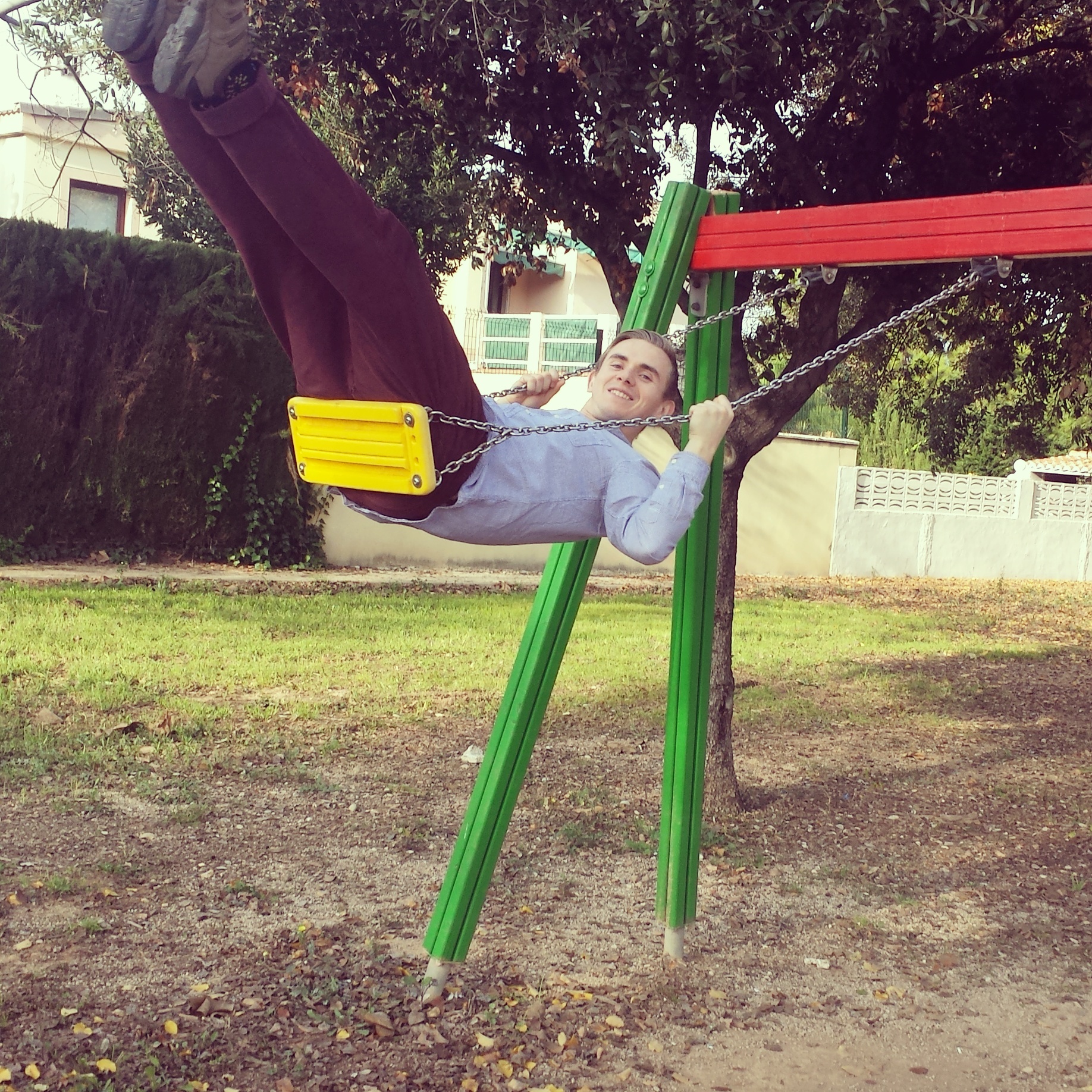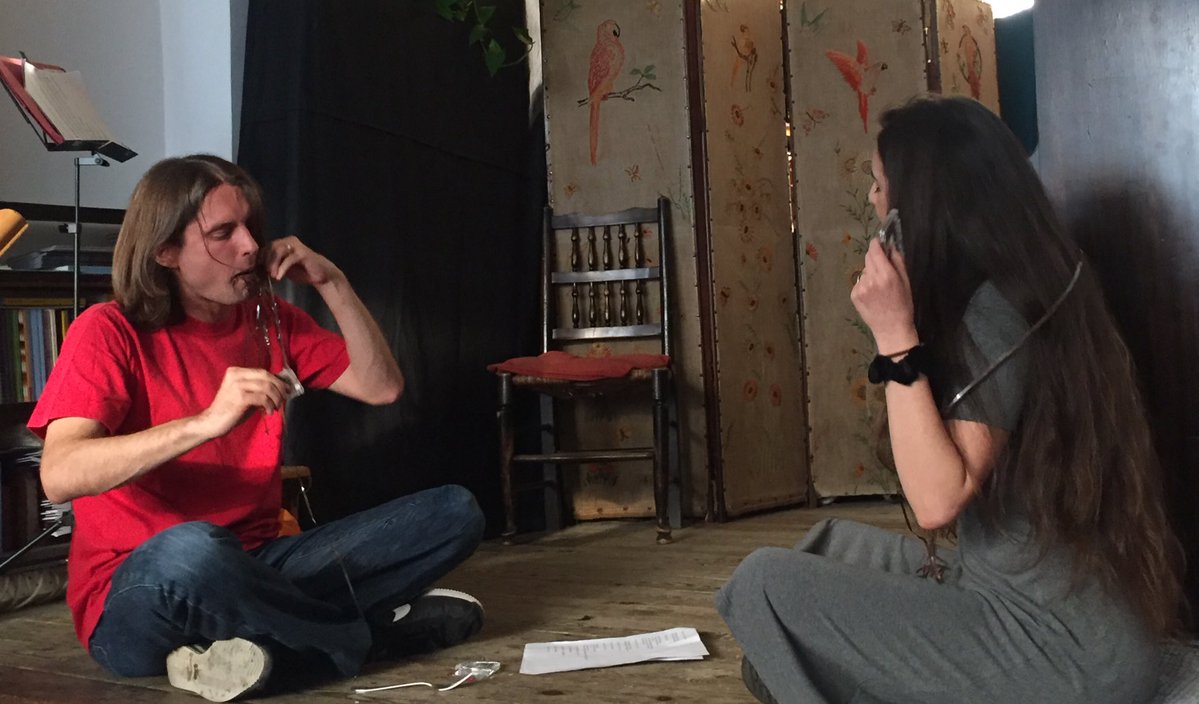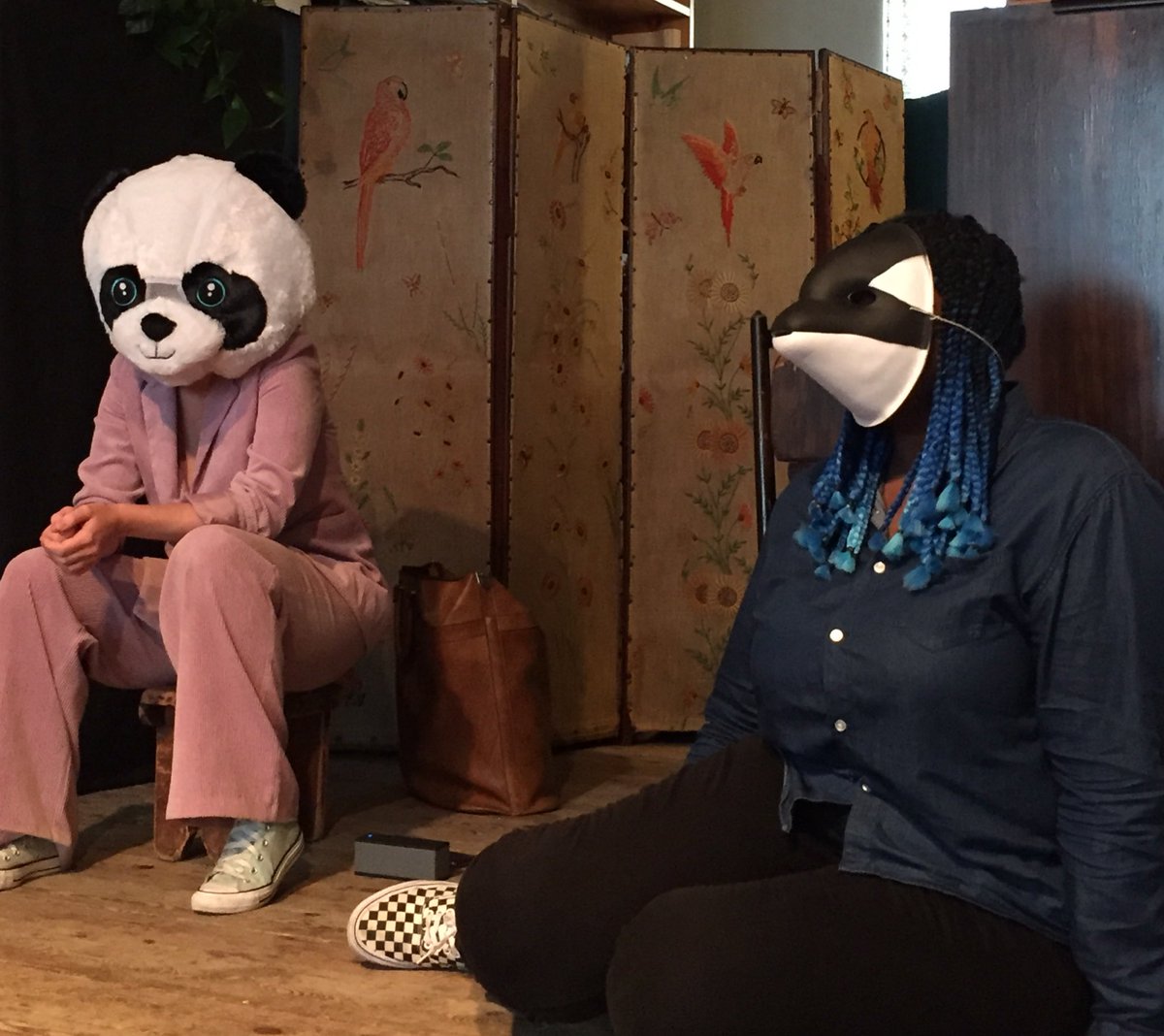It seems logical that Steve Fowler’s poetry would find itself in, and as, film…at some point. Steve’s poetry has taken his roving attention into performance art and sound art; into and through elements of comedy and theatre; from concrete poetry and the sculptural towards the pictorial, chance-led, accidental, and ritualistic; and in acts of art / poetry (the slash being always present) that move hungrily out of discipline and into abandon…why would the filmic not be there? Fluttering or strobing, as a kind of inevitable encounter, film, and the intensity of its absorptive hold, seems a natural partner (sparring and / or dancing, fighting and / or loving) for a poet so inventively conscious of how a performance can befriend, baffle or challenge an audience.
….
Now, here, at the half-way point, let’s move from Drums to Devils: your latest collection, I stand alone by the Devils, and other poems on films, gathers together a selection of poems that are all directed from, or to, specific films. Firstly, I wanted to ask whether this idea had been around for a while or whether there was something in particular that recently (the completion of Animal Drums?) inspired this explicit tribute to cinema?
The collection has been around for years. This happens with a lot of my books; they begin with a single work, grow slowly and an unforeseen event speeds them into being. The unforeseen event in this case was not the Drums but a sudden spate of watching and rewatching films. I just feel back into it, regained the patience one needs. For the first time, I remembered when I was a teenager, a bit lonely, watching like five art films a day for two years. I had never once thought this might’ve been an influence on what I do now, for a living. Which seems stupid now.
Many of the directors you include (Ken Russell, Werner Herzog, David Cronenberg, Nicolas Roeg, Gasper Noe, Lars Von Trier,) and many of the films (Pasolini’s Salo, Vinterberg’s Festen, Zulawski’s Possession) are known for their extremity, shock, or supposedly transgressive nature. It seems clear to me that being drawn towards the challenge of discomfort and our own interpretations of threat and vulnerability are elements that needle through much of your poetry. Did these films help inspire those interests in your poetic practice, or was it more a case of them resonating with a pre-existing sense that art should advance into a troubled / troubling space in order to better question itself and the viewer/ reader?
It’s funny, while I do recognise these films are intense, I haven’t conceived them that way. It’s just what I’m interested in, that serious investment of attention should be met with challenge and complexity. I’d say your question is interesting because you didn’t mention that most of the films are European, especially the 'violent' ones. In European cinema, and European culture in general, it seems obvious that art must reveal the most awful truth of human behaviours, because they are true, through fictional means. This is difficult to experience, but not unpleasant. I know some people seem to think fictional violence is worse than the real thing happening on their street but it’s just my taste that films and art, that are serious, not intending to give you a nice brain fog, which has its place, should not comfort and reassure. So, I’d move the terms of the question and say these films aren't about violence but culture.
Could you say a bit about the process of writing these poems?
There are multiple methods at play but quite a few involved note taking, of dialogue, of scene description, of ideas happening in language while I was watching. So they are found poems in a sense, then blended through edits and additions. Translations in a weird sense, as much as responses. Others were written from memories of the films, what they come to represent for me, idiosyncratically. Others from research, post-watching, digging through books about the films or their makers. I saw myself as only trying to be faithful to each specific piece of cinema, and doing so by choosing not only the language of the poem and its machinery, but also the method of that.
















